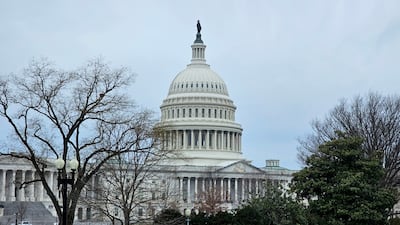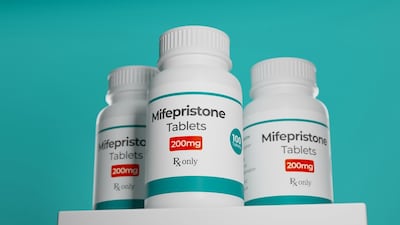Legal & IP

Two more generics manufacturers have settled claims with 50 US attorneys general that they artificially inflated and manipulated the prices of generic drugs for nearly a decade.

An appeals court panel seemed skeptical of whether AstraZeneca has standing in its Administrative Procedure Act challenges against the IRA’s drug price negotiation program, but suggested a company with standing might be successful in their court.

Two of three appeals court judges hearing Bristol Myers Squibb and Janssen’s appeal questioned whether Medicare’s drug price negotiation program was truly structured in a way that gives manufacturers a choice not to participate.

Teva has been fined €463m – just over half a billion US dollars – over a breach of EU antitrust rules, after the European Commission found that it abused its dominant position to delay competition to Copaxone, including by misusing the patent system and disparaging rivals. The firm has strongly disagreed with the decision – which is claims is “legally untested” and “not supported by the facts” – and says it will appeal.

Judges on the Third Circuit panel in the BMS and JNJ IRA cases seemed sympathetic to industry’s concerns about the government using the term “maximum fair price” in the IRA’s Medicare drug price negotiation program.

Some of the industry’s biggest challenges, and potential solutions, were hot topics at the BioFuture conference in New York.

Multiple and repeated complaints will sharpen the Office of Prescription Drug Promotion’s focus on an advertisement, Director Catherine Gray said, while Foley Hoag partner August Horvath said the self-regulatory NAD process is best suited to complaints that lack a ‘great scientific basis’ for objecting.

Dispute around the first-in-world license for a self-amplifying mRNA COVID-19 vaccine castes light on Japan’s ongoing dilemma between a government trying to build its own capabilities to attract, develop and manufacture new modalities and the anti-vax movement in the country.

The outcome of the November presidential election may impact whether the government is willing to defend FDA's relaxation of the mifepristone REMS. The case poses risks for the broader drug approval process.

A ruling by the Court of Justice of the EU has produced a clear definition of what constitutes the “first” marketing authorization when companies apply for SPCs on pharmaceutical products.

With a single drug category and an uncertain political future, the FTC’s legal efforts may gain limited traction. Was focusing on insulin rebating a wisely targeted approach or did the case underemphasize the ‘emotionally more powerful consumer deception issue’?

A court order encompassing funding, drug pricing, clinical trials and overall policy implementation aspects is expected to cause a paradigm shift in the treatment of rare diseases in India. Sarepta, Roche and Sanofi are among the companies that have been part of pricing discussions.

Pink Sheet reporter and editors discuss an emerging pharma strategy to avoid Medicare price negotiations, legal wrangling related to compounding GLP-1 drugs for obesity and diabetes, and the varying opinions of FDA officials on the acceptability of artificial intelligence models that are not fully explainable.

FDA law experts do not buy the outsourcers’ argument that the agency must go through notice-and-comment rulemaking to remove a drug from the shortage list.

Teva resolved two US Department of Justice civil suits accusing the firm of violating the US Anti-Kickback Statute and the False Claims Act by allegedly conspiring to fix the price of three generic drugs and paying Medicare patients’ copays for its multiple sclerosis brand product Copaxone.

Pharmacy benefit manager sues Federal Trade Commission, claiming chair Khan has orchestrated a campaign against PBMs that is not based in fact.

Pink Sheet reporter and editor discuss the FDA’s latest advertising enforcement letter, which targeted a migraine treatment TV commercial featuring Serena Williams, and its impact on drug promotion, as well as the now growing list of legal cases targeting agency decisions with Chevron deference overturned.

An effort to change the US Food and Drug Administration’s conclusion that its obesity treatment candidate retatrutide is a drug and not a biologic could give the product more time with unrestricted pricing in Medicare, among other benefits.

Disputes over orphan and new clinical investigation exclusivity are among the early drug and biologic cases where legal filings cite the Loper Bright decision, which overturned the Chevron doctrine of deference to agency actions.

Determining what falls within the statutory definition of ‘biological product’ is an interpretative question that courts, rather than the agency, must resolve, Lilly said in a lawsuit repeatedly citing the US Supreme Court’s June decision in Loper Bright.